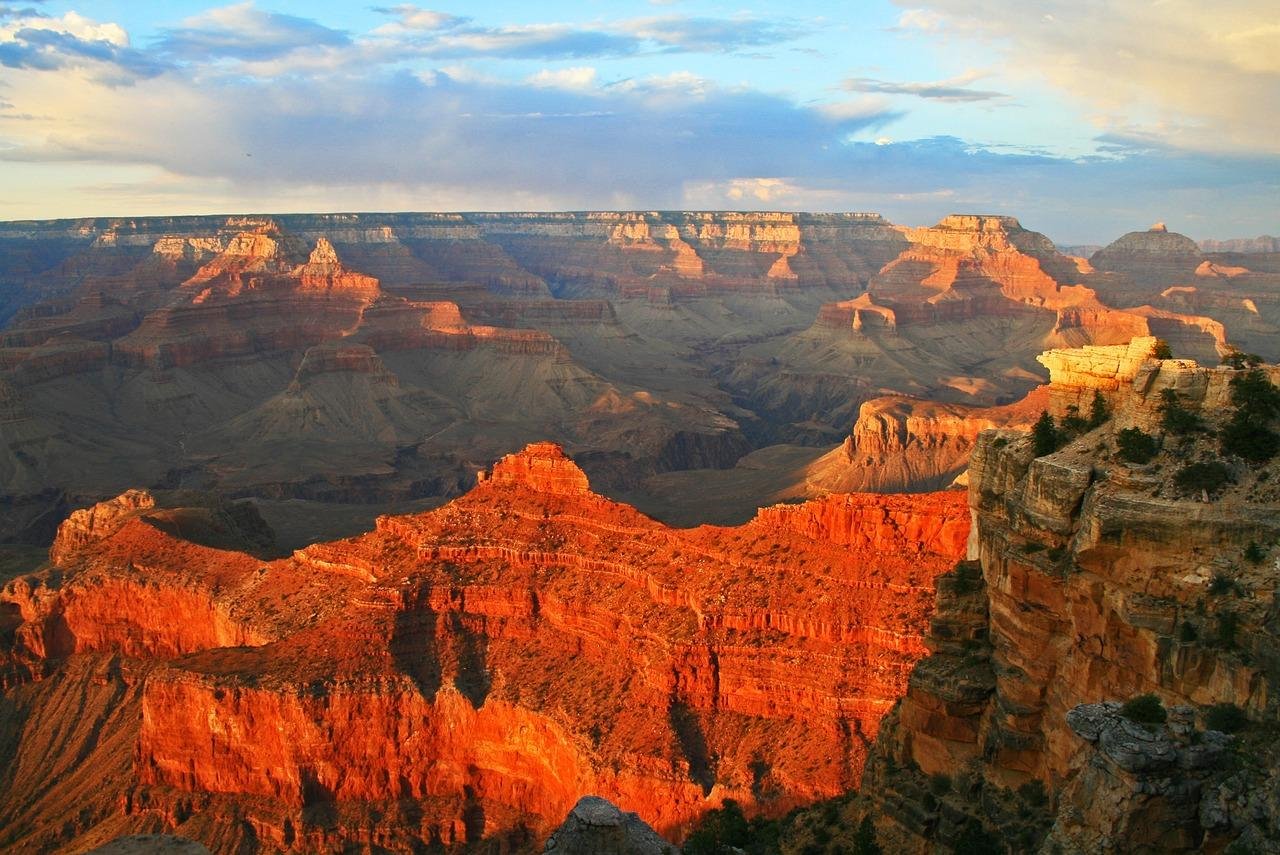Business
Spending Standoff Puts National Park System on the Brink of Closure

The National Park System faces potential closure this Saturday if Congress fails to resolve its budget stalemate. Despite a bipartisan proposal aimed at funding the federal government through March via a Continuing Resolution, resistance from hardline conservatives in the House could derail the agreement. President-elect Donald Trump has urged Congress to dismiss the proposed budget package.
A government shutdown would not only halt regular operations but also restrict the distribution of $2.3 billion needed by the National Park Service for recovery efforts in areas hit by tornadoes, wildfires, and hurricanes. John Garder, the National Parks Conservation Association’s senior director for budget and appropriations, emphasized the urgency of this funding. “Communities that depend on parks for disaster recovery continue to wait,” he noted, advocating for the inclusion of these funds in the final budget package.
The National Park Service’s response to a budget impasse remains uncertain. In September 2023, as a shutdown loomed, the agency recognized that complete closures were impractical at many sites. Areas like the National Mall in Washington, along with various parks across the West, have open access points due to intersecting roads and highways.
Interior officials have urged the public to refrain from visiting parks during budget lapses to protect natural and cultural resources and ensure visitor safety. This situation recalls the 2018–2019 government shutdown, which became the longest in U.S. history under Trump. Though parks remained open, they functioned with minimal staffing, resulting in vandalism and misuse. Reports from Joshua Tree National Park highlighted significant damage, including toppled Joshua trees and unlawful off-roading across sensitive desert habitats.
Similar disturbances were noted at Big Bend National Park, where visitors bypassed barriers, and sanitation issues intensified at Sequoia and Kings Canyon national parks due to inadequate waste management. Death Valley National Park also experienced illegal camping and off-road activity during this period.
The U.S. Government Accountability Office later declared that then-Interior Secretary David Bernhardt had violated the law by reallocating funds from the Federal Lands Recreation Enhancement Act to address maintenance during the shutdown. This controversial decision aimed to alleviate overflowing trash and sanitation issues. Criticism arose from both Congressional Democrats and conservation groups regarding the legality of this funding maneuver.
In September 2023, a potential shutdown was narrowly averted through a last-minute agreement, but officials in Utah and Arizona were already preparing plans to cover park funding with state resources. Colorado officials were considering similar measures, underscoring the ongoing risk of future federal budgetary crises impacting public lands.


















